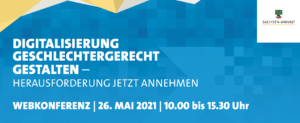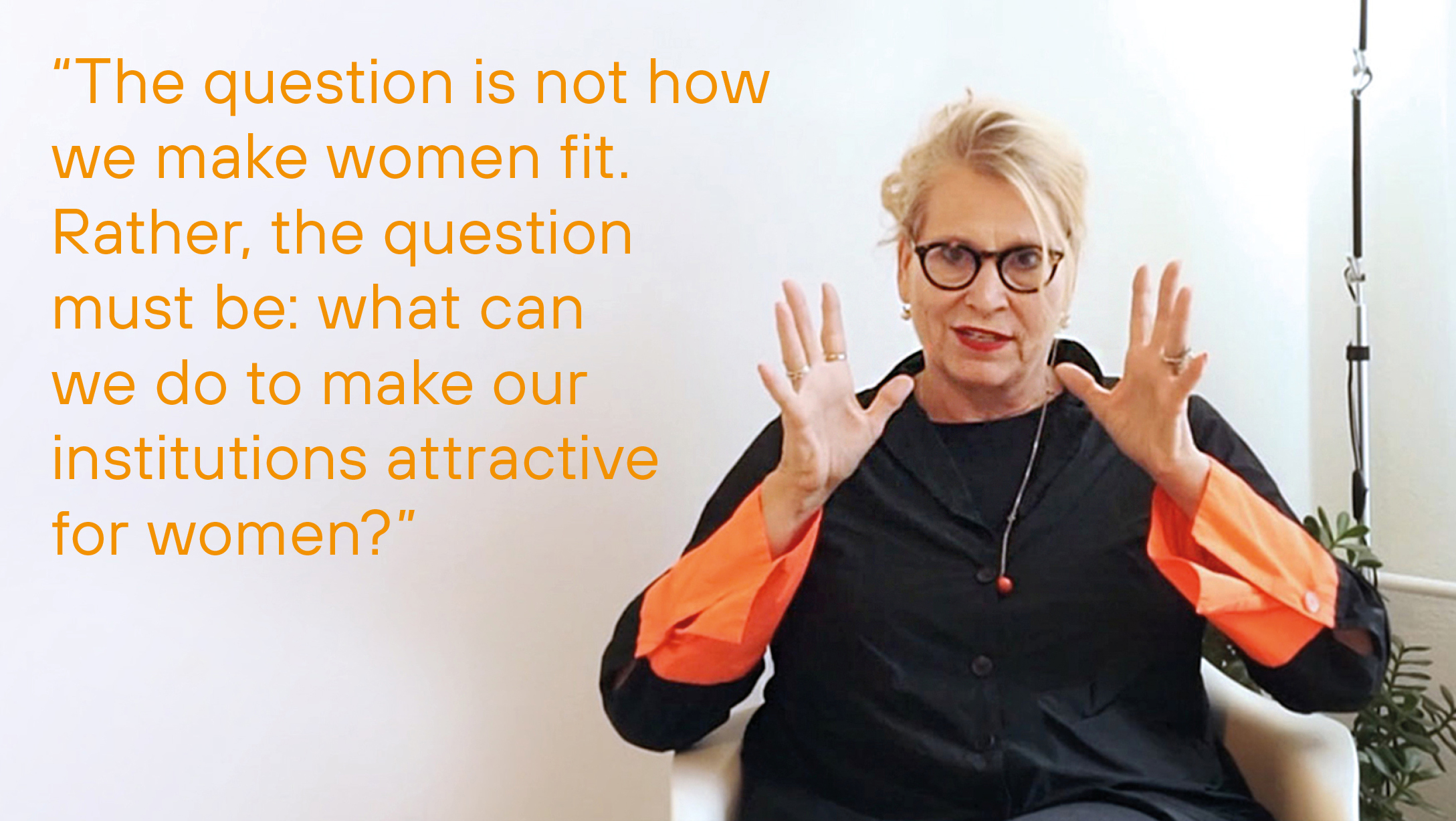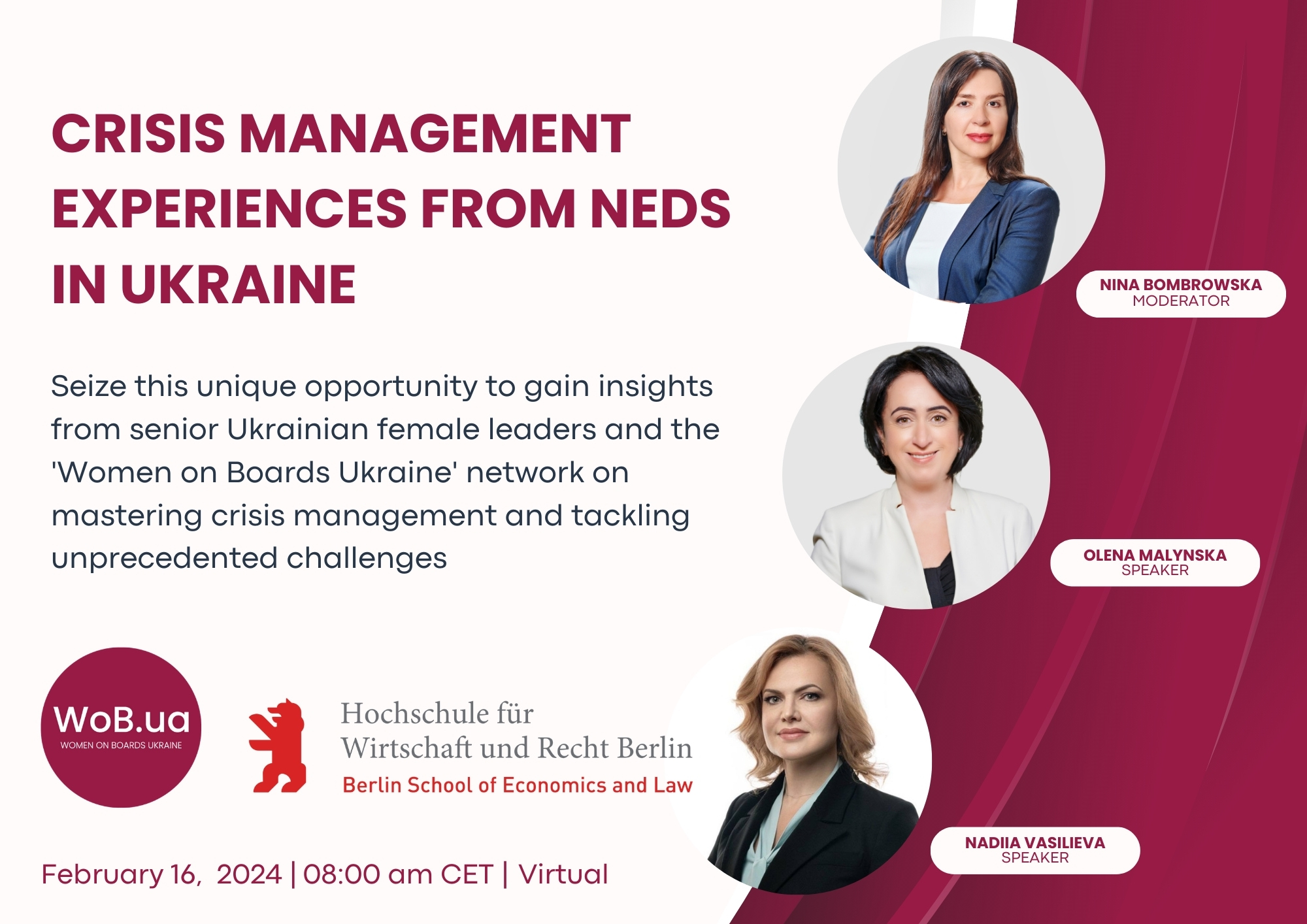Accepting the challenges of digitization from an equality perspective was the subject of an online conference held by the state of Saxony-Anhalt (Ministry of Economics, Science and Digitization and the Ministry of Justice and Equal Opportunities) on May 26, 2021.
Key questions: How can the digital agenda for the state of Saxony-Anhalt be designed in a gender-sensitive and equality-oriented manner?
On the basis of scientific findings and the expert opinion for the 3rd Equality Report of the Federal Government, experts* provided important impetus to develop a gender-sensitive digital future. Among others in the keynotes by:

Prof. Dr. Aysel Yollu-Tok, Professor of Economics at the HWR School of Economics and Chair of the Expert Commission for the Federal Government’s Third Gender Equality Report, offered very helpful orientation in her keynote speech. She pointed out that the way to gender-equitable digitisation leads via three paths:
- Equal access to resources and skills
- Removal of structural barriers to gender-equitable use of digital technology
- Gender-equitable design of digitisation processes in politics, business and science
Prof. Dr. Sanaz Mostaghim, Otto von Guericke University Magdeburg, Chair of Computational Intelligence and founder of the Swarm Lab, underlined the importance of artificial intelligence and its ethical challenges in her keynote speech. “AI algorithms are used in almost all areas of life and make our lives much easier”. However, AI can also lead to discrimination against parts of society.
“Globally, not even every fourth AI specialist is a woman. This situation would give rise to a number of questions: Is the male-dominated AI competence also reflected in AI thought patterns? With what data do programmers feed learning systems and are biases in algorithms thereby reproduced unnoticed? If we want neutral AI products, we need diversity. This means that not only do we need more women to develop AI methods, but the technical teams should also be much more diverse in other respects.”
Overall moderation of the event and the working groups (including on the topic: “Chances and risks of digital work and work-life balance” and “Digital design of work processes and risks of discrimination”): Team compassorange in cooperation with Ariade-an-der-Spree, the agency for contemporary communication, strategic partner of compassorange. Many thanks to all contributors!
Here you will find information about the conference and material in the topic area on taskcards. The platform is continuously being filled with specialist articles.







